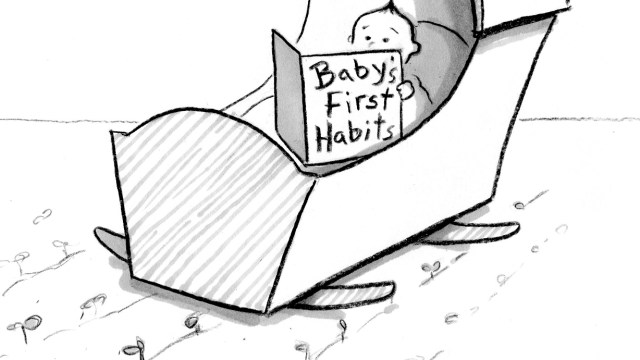After Fifty Hours a Week, Worker Productivity Flatlines

Working longer hours eventually stops being helpful in terms of labor productivity, says a Stanford economist who found hard and fast limits on what an additional hour of work can achieve.
Professor John Pencavel recently examined what seems like an unusual data set: the production records from British armament factories during World War II. But because the stakes of the war were so high, achieving greater efficiency in munitions productions was a top goal and meticulous records on productivity were kept.
Researchers at the time collected huge amounts of data that measured how worker productivity changed as individuals worked longer and longer hours. Pencavel’s analysis found that after forty-nine hours, marginal productivity began to decline sharply.
“The results are even starker when we are talking about very long working hours. Output at 70 hours of work differed little from output at 56 hours. That extra 14 hours was a waste of time.”
While the results of the analysis don’t speak directly to the service-oriented work that dominates today’s advanced economy, it takes just a little imagination to extrapolate the results. When work is largely self-directed and achieved through intellectual engagement, proper motivation can help achieve more in less time.
And as Boston College sociologist and economist Juliet Schor explains, if Americans worked fewer hours, the economy would function better for everyone:





